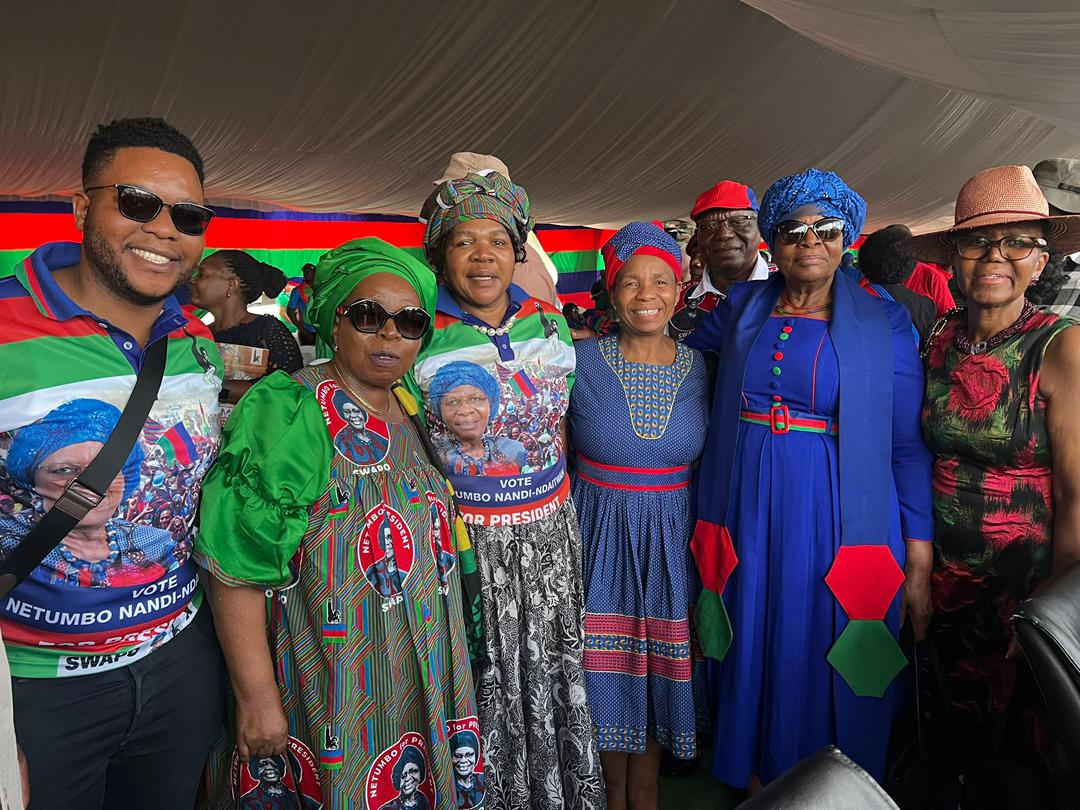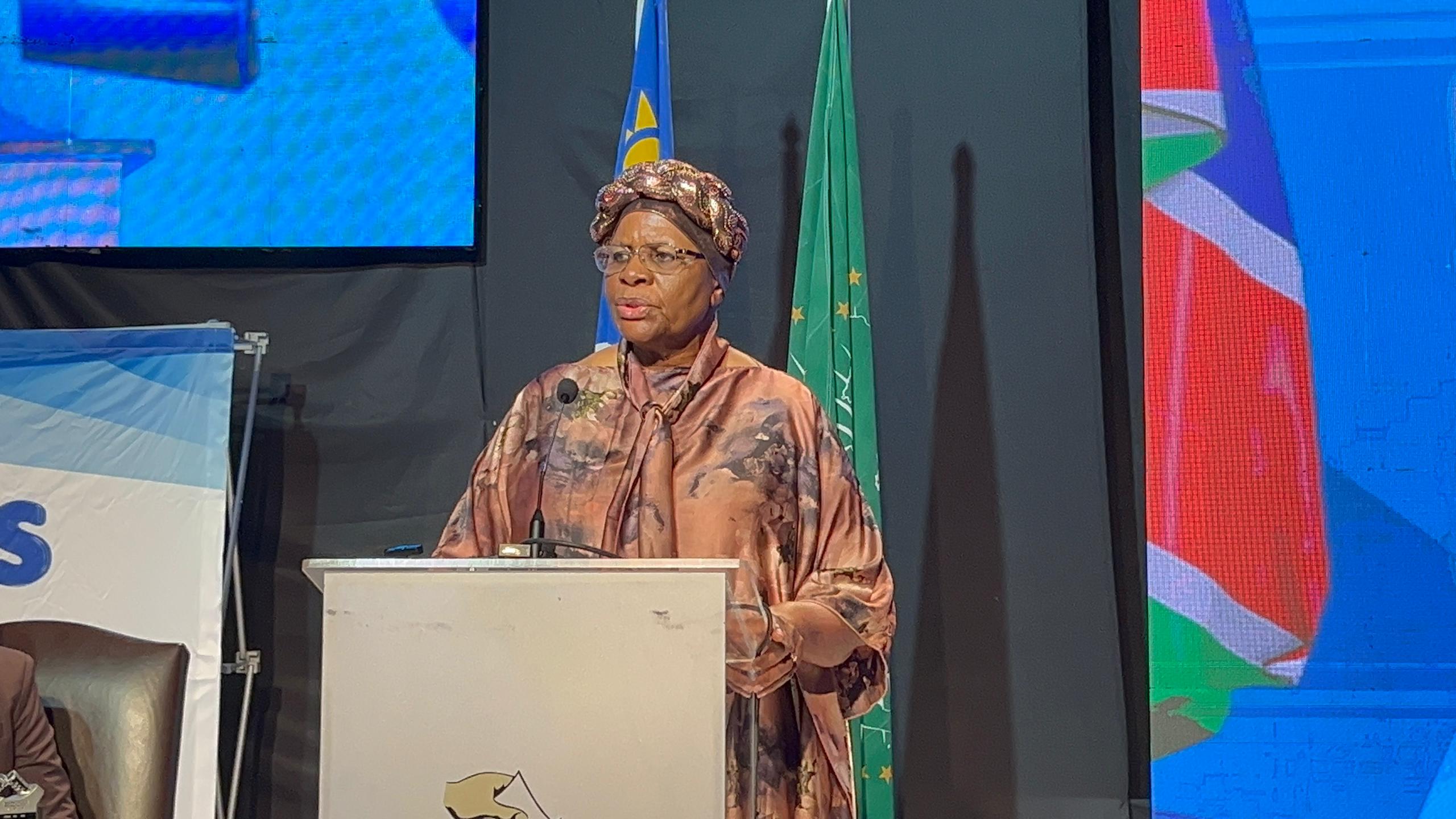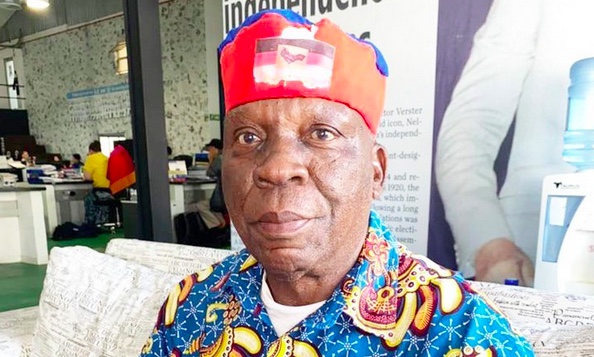• HENNING MELBERFIRST the good news: on 30 June the United Nations Human Rights Council (UNHRC) adopted a landmark resolution in the protection and promotion of the rights for members of the Lesbian, Gay, Bisexual and Transgender (LGBT) communities.
The bad news: Namibia, a member of the council for the 2014-2016 period, abstained.
The resolution of the Geneva-based UNHCR is a milestone in elevating LGBT rights to the level of human rights.
For the first time an independent monitor will be appointed to identify root causes of discrimination against people because of their sexual orientation and gender identity.
In an effort to protect gay and transgender people, the independent expert will also be tasked to talk with governments to protect LGBT rights.
The LGBT rights specialist to be appointed has the power to document hate crime and human rights violations.
The initiative for this breakthrough was taken by several South American states and was co-sponsored by Albania and Angola.
A record 628 NGOs from 151 countries supported the effort. The resolution was prepared before the massacre of 49 people in an Orlando club on 12 June, where members of the LGBT community socialised to enjoy an environment free of discrimination.
Despite this shocking latest eruption of hatred and brutality against these communities, the resolution was adopted by a narrow margin only: 23 members voted in favour (including Cuba), 18 against (including Russia and all Muslim countries except Albania).
Six countries (including Namibia) refused to take a stand.
Notably, the final text was already considerably softened and watered down.
A last-minute amendment stressed that “the significance of national and regional particularities and various historical, cultural and religious backgrounds must be borne in mind”. But the resolution also states: “It is the duty of states, regardless of their political, economic and cultural systems, to promote and protect all human rights and fundamental freedoms”.
Namibia’s Constitution has a strong emphasis on fundamental human rights and freedoms (chapter 3).
It stresses, among others, equality and freedom from discrimination (article 10). While same-sex preferences are not explicitly mentioned, the catalogue implies a comprehensive understanding based on full respect for human rights, including individual choices on how to conduct life.
Protecting minorities from being discriminated against, harassed, marginalised or even physically attacked and killed, should by implication be an integral part of such a human rights codex. After all, Namibians until a generation ago were exposed to institutionalised violation of fundamental human rights for similar reasons.
One should keep in mind that it is not the free choice of anybody with which pigmentation, sexual preference or any other distinctive biological feature one is born.
But even if the sexual orientation would be a matter of choice only (which it hardly ever is), it would still be as much an entitlement to individual freedom as it is to be a vegetarian or vegan.
At least in a liberal society which treasures human rights, if only for the simple reason that these were violated and denied to the majority of its citizens until 26 years ago.
Besides, the UNHRC’s resolution was anything but revolutionary.
Sanctions against states non-compliant with the recognition of LGBT-rights were explicitly excluded.
The expert to be appointed is prohibited from any interference in a country’s “domestic affairs”.
The task is to create awareness and engage in public dialogue; to address violence and discrimination which these communities are subjected to, and to promote more respect and thereby to protect human beings from being ostracised because of their way of life.
But it seems that in Namibian government policy the universal value of human rights remains at best of secondary nature and subjected to other loyalties.
Namibia’s policy at home and abroad lacks true commitment to human rights, despite claims to the contrary.
Double standards and selectivity are the order of the day. It is sad that Namibia’s government has more solidarity with a pariah state than with a part of its own citizens.
After months of evasive and misleading statements, Namibia, at the end of June, gave in to mounting international pressure and finally complied with the sanctions adopted by the UN Security Council against North Korea.
President Geingob was seemingly at pain to justify the reluctantly taken decision. He sent the foreign minister/deputy prime minister as a special envoy to Pyongyang to explain that this does not put into question the friendly ties between the two countries.
A press statement issued on 30 June stressed that the “warm diplomatic relations” with North Korea will be maintained.
The very same day the resolution of the UNHRC did not find the support of the government, whose Head of State constantly claims that the Namibian House is built for all.
Stay informed with The Namibian – your source for credible journalism. Get in-depth reporting and opinions for
only N$85 a month. Invest in journalism, invest in democracy –
Subscribe Now!





